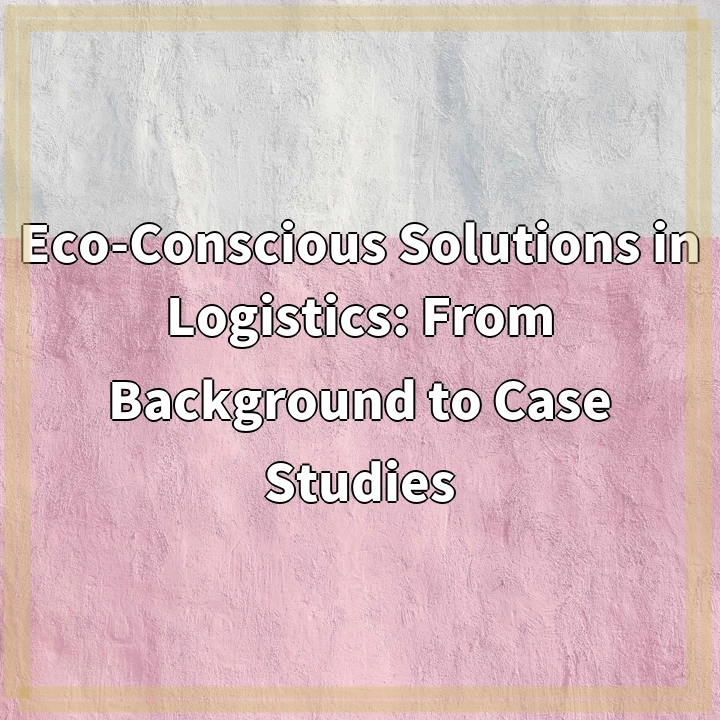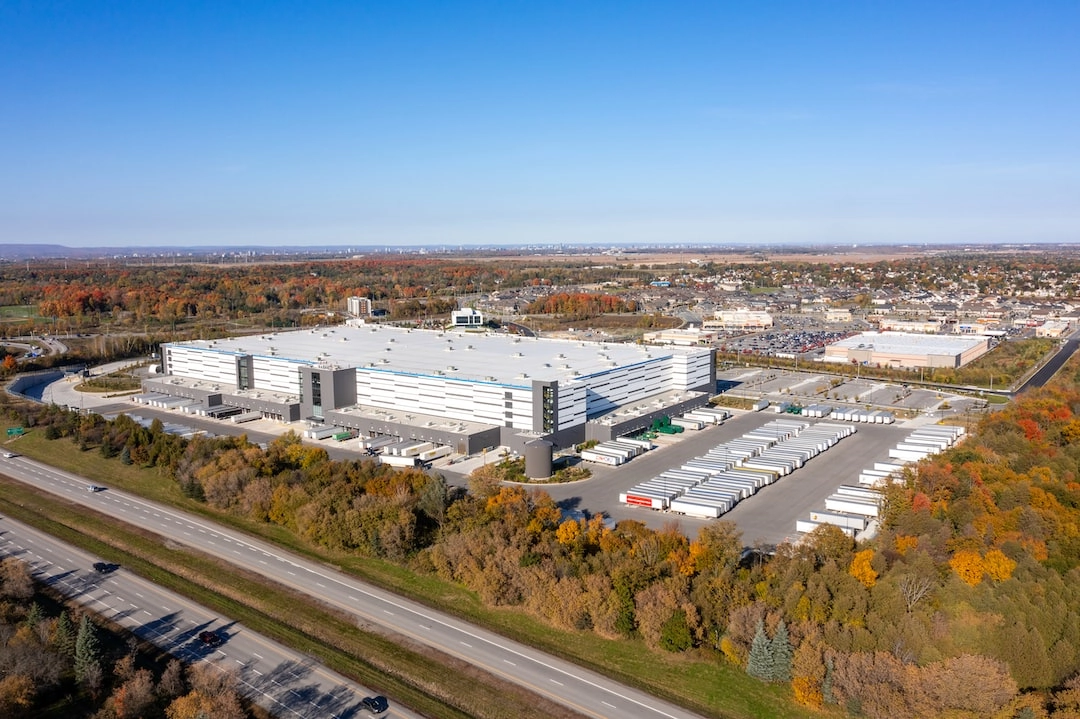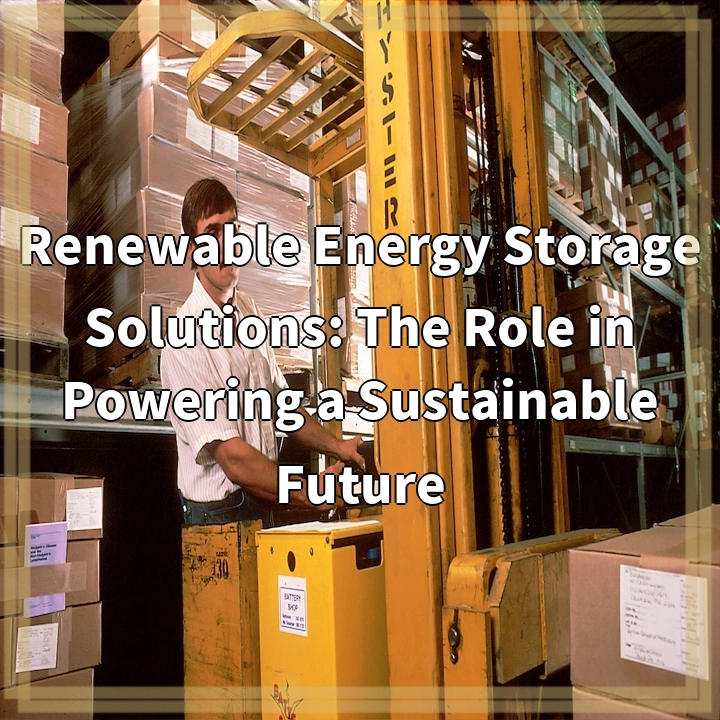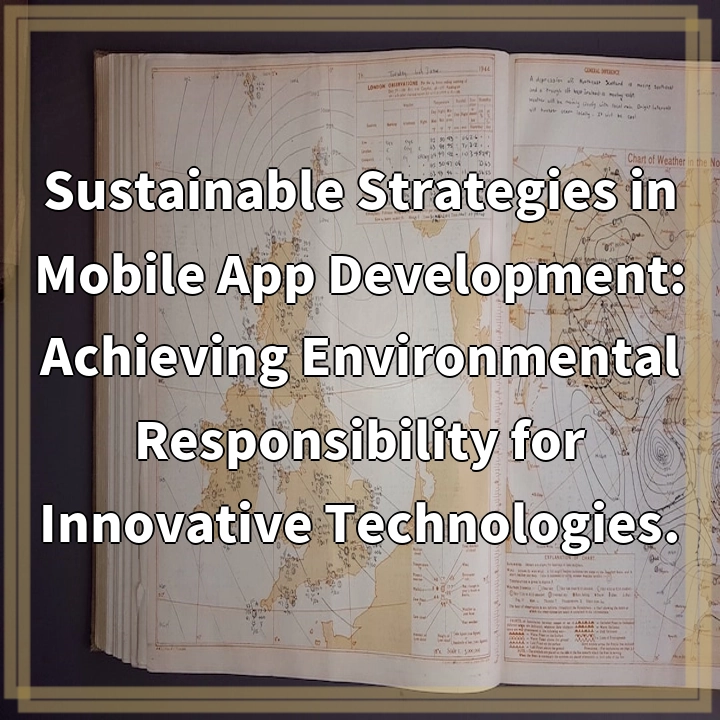
What it is:
Eco-conscious solutions in logistics refer to the implementation of environmentally-friendly practices and strategies within the logistics industry. It involves adopting sustainable measures to reduce carbon emissions, minimize waste, and optimize resource utilization throughout the supply chain process.
Real-World Problems:
1. High Carbon Emissions:
The logistics sector is a significant contributor to carbon emissions due to transportation activities, including trucking, shipping, and air freight. The reliance on fossil fuel-powered vehicles and inefficient logistics practices contribute to greenhouse gas emissions and air pollution, exacerbating climate change and negatively impacting public health.
2. Waste Generation:
Traditional logistics practices often result in excessive packaging materials, plastic waste, and non-recyclable or non-biodegradable items. This contributes to the global waste crisis and places additional burden on already overflowing landfills. Finding innovative solutions to reduce packaging waste and promote sustainable materials is crucial.
3. Inefficient Resource Utilization:
Many logistics operations suffer from inefficiencies, such as underutilized truckloads, empty return trips, and poor route planning. These inefficiencies result in increased fuel consumption, higher costs, and unnecessary environmental impacts. Optimizing resource utilization through collaborative initiatives and advanced technologies can significantly reduce the ecological footprint of logistics operations.

Solutions to Eco-Conscious Logistics:
1. Sustainable Transportation:
Implementing greener transportation options such as electric or hybrid vehicles, as well as utilizing alternative fuel sources, can help reduce carbon emissions in logistics. This includes investing in a more fuel-efficient fleet, promoting intermodal transportation, and utilizing last-mile delivery options like bicycles or electric scooters in urban areas.
2. Optimal Route Planning:
Efficiently planning logistics routes can minimize unnecessary miles traveled and reduce fuel consumption. Utilizing advanced technologies, such as route optimization software, can help identify the most efficient routes, taking into account factors like traffic congestion, delivery time windows, and fuel efficiency.
3. Collaboration and Consolidation:
Encouraging collaboration among logistics companies, suppliers, and customers can lead to shared resources and reduced empty return trips. Collaborative distribution networks, consolidation centers, and freight pooling initiatives can improve efficiency and reduce the carbon footprint associated with logistics activities.
4. Packaging Optimization:
Implementing sustainable packaging solutions, such as using recyclable or biodegradable materials, reducing excess packaging, and promoting reusable packaging options, can significantly reduce waste generation. Additionally, implementing packaging design programs that prioritize efficiency and material reduction can help minimize environmental impact.















